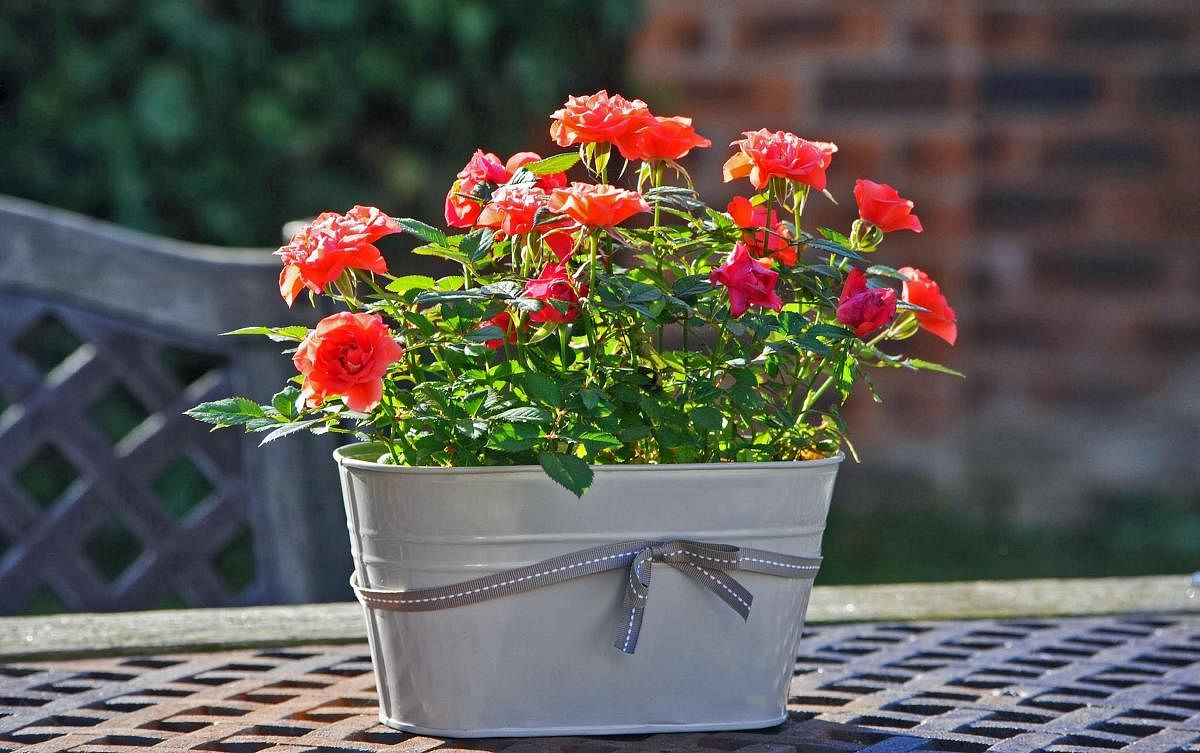
With work from home culture extending for a few more months, stress management has become a necessity for urbanites. Having a pleasant environment and developing adaptive coping strategies is the new wellness mantra. As an adaptive coping technique, gardening has found favour during the pandemic.
Gardening brings a person closer to nature. When hands are soiled with mud during gardening, it can help in improving somatosensory/cognitive functioning. Research shows that it improves psychosomatic complaints and reduces the chances for physical ailments and improves immunity.
Gardening has shown to improve sleep at night, help a person deal with addiction recovery, foster human connection with nature, and boost one’s mood. It can add meaning and happiness to life. The mental satisfaction of growing plants is immense. Some people even talk to plants and share emotions. Many researchers have confirmed that plants can understand human emotions. Overall, it improves our physical and mental well-being.
Sadly, people living in cities have lost touch with nature. People have been constantly dealing with work-related stress, fear of Covid infection, grief over the loss of loved ones, staying at home, not travelling outside, and many other issues that have become major stressors. In such a scenario, having a small garden on the balcony can be therapeutic. Sitting by the plants in the evening/night can calm a person instantaneously. It can be an escape from stressors. Maintaining a garden also requires labour which could be seen as physical exercise too. Moreover, working with soil, or getting their hands dirty is not a thing people are used to in urban life but the fact that you’re nurturing a life can be cathartic. Gardening also helps in the absorption of Vitamin D as we will be exposed to sunlight which is most missed during Covid times.
(The author is a clinical psychologist.)